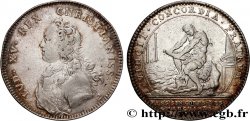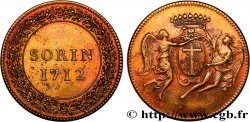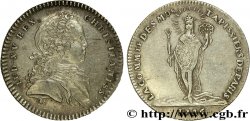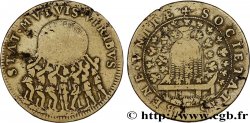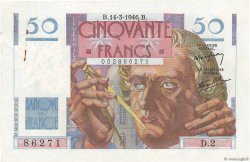正面
正面的文字 LVD. XV. REX. CHRISTIANISS.
正面的说明书 Buste de Louis XV à droite signé DU. VIVIER [n° 308a] , type Guéant Prieur 550C.
正面的翻译 Louis XV, roi très chrétien.
背面
背面的文字 IN. SACRA. IN QVE. CORONAS ; À L'EXERGUE : AVRIFICES. PARISIENSES.
背面的说明书 Armes des Orfèvres.
背面的翻译 Dans les objets sacrés et dans les couronnes - Orfèvres parisiens.
历史细节
CORPORATIONS
In Rome, groups of artisans already existed: forming a college placed under the protection of a divinity, with a common house and fund. In medieval Europe, probably from religious brotherhoods, economic groups were formed between merchants called hanse or ghilde.. With the development of trade, craftsmen organized themselves into trade bodies or communities which brought together all those who practiced the same profession: masters, journeymen or apprentices.. To enter the body, you had to "swear" the profession. Alongside, there were free professions that could be practiced by all.. Each corps was headed by a collegial management responsible for enforcing the regulations of the trade, protecting the trade from competition and directing the mutual benefit society.. At the end of the 17th century, the king began to sell the functions of jurors and corporate trustees as hereditary offices, which led to serious financial difficulties at a time when the corporations no longer met the new economic requirements of the development of industry and business concentration. It is also in England that the corporations disappeared spontaneously because of the industrial revolution.. The corporations will be abolished in France in 1791 by the Constituent Assembly.










 对产品描述纠错
对产品描述纠错 打印
打印 分享我的选择
分享我的选择 提问
提问 Consign / sell
Consign / sell
 产品介绍
产品介绍